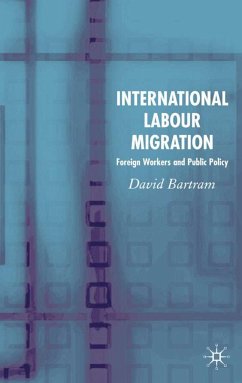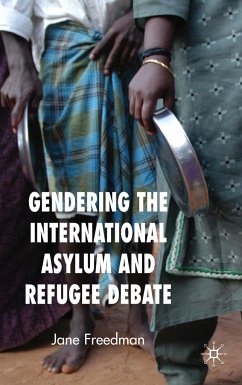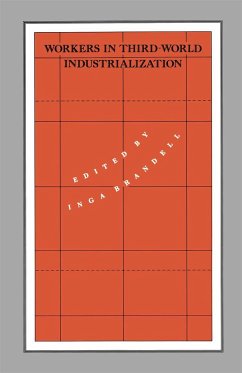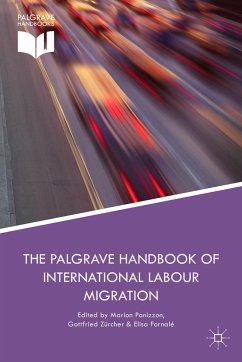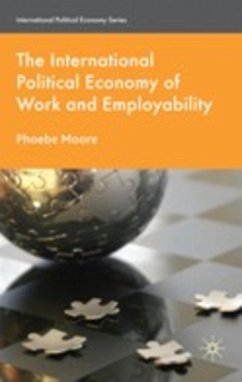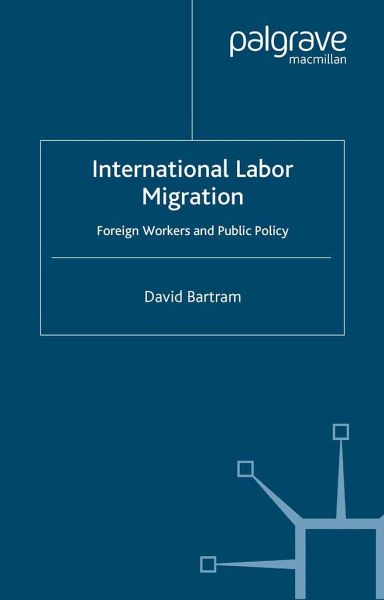
International Labour Migration
Foreign Workers and Public Policy
Versandkostenfrei!
Versandfertig in 6-10 Tagen
38,99 €
inkl. MwSt.
Weitere Ausgaben:

PAYBACK Punkte
19 °P sammeln!
Studies of international labour migration typically assume that foreign labour is a universal feature of wealthy economies. Exploitation of foreign workers can contribute significantly to employers' profits. However, some wealthy societies do not import workers on a large scale, despite employers' pressures. Using Israel and Japan as empirical cases, this comparative-historical work investigates why some governments allow employers relatively free access to foreign labour, while others require alternative responses to labour shortages. A focus on variation leads to an innovative and insightful...
Studies of international labour migration typically assume that foreign labour is a universal feature of wealthy economies. Exploitation of foreign workers can contribute significantly to employers' profits. However, some wealthy societies do not import workers on a large scale, despite employers' pressures. Using Israel and Japan as empirical cases, this comparative-historical work investigates why some governments allow employers relatively free access to foreign labour, while others require alternative responses to labour shortages. A focus on variation leads to an innovative and insightful argument to explain international labour migration.





